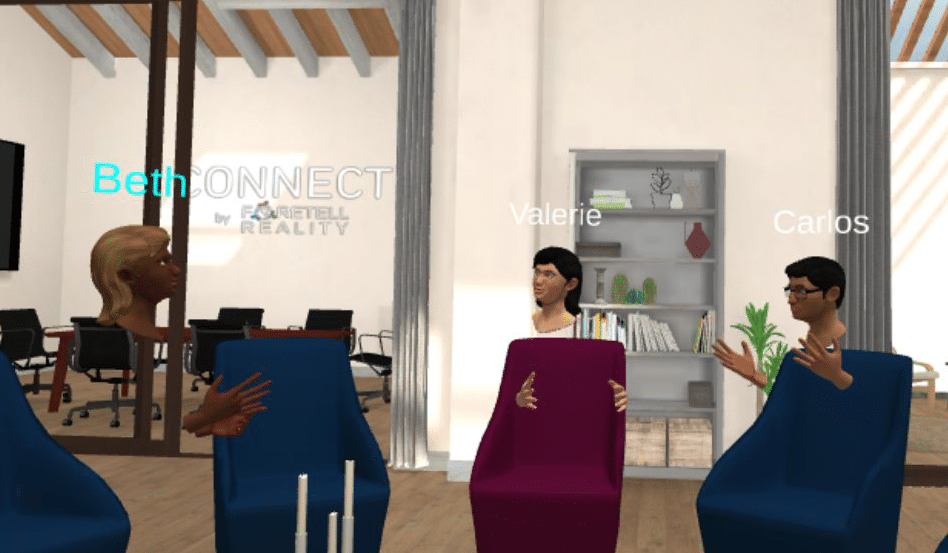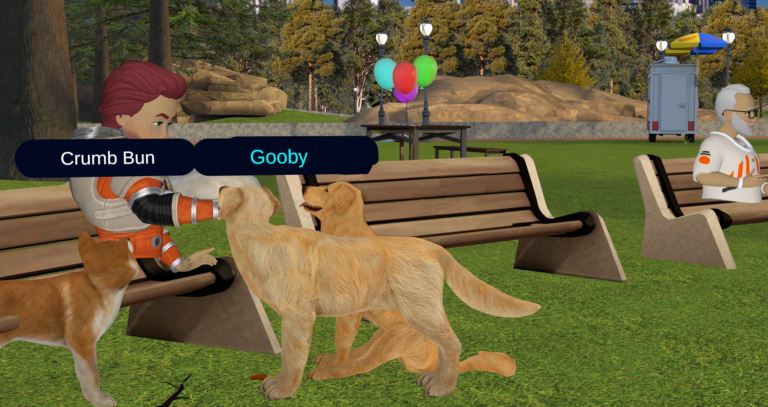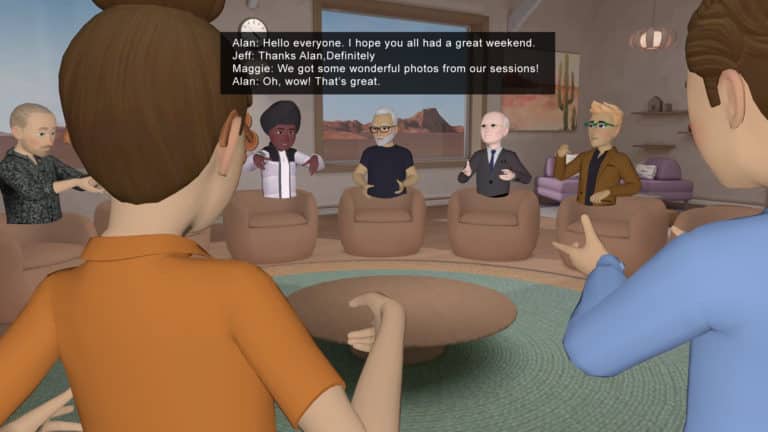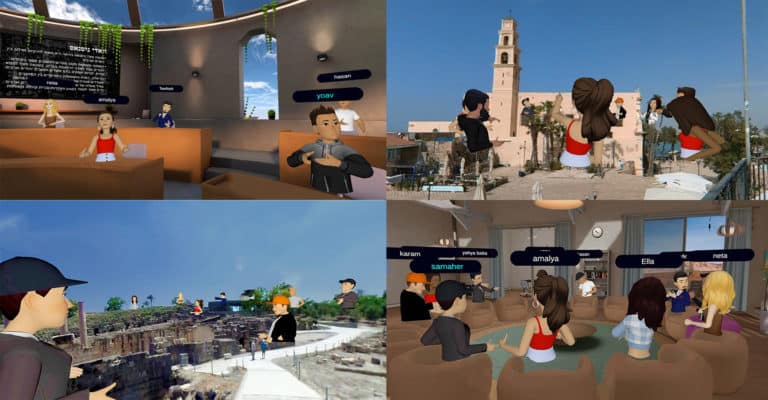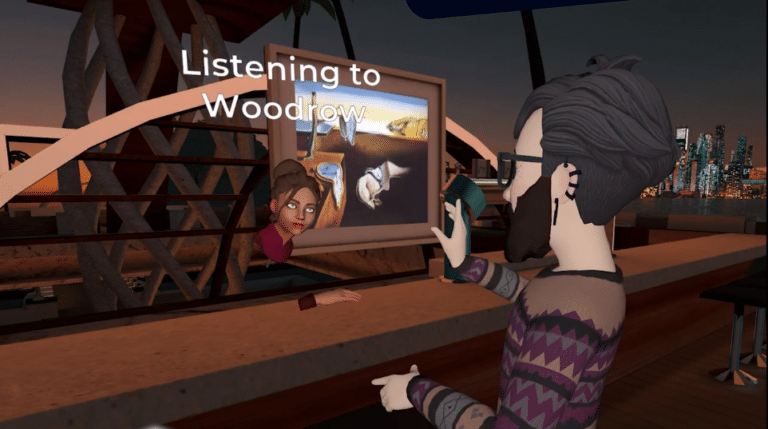Barriers to In-Person Care
Support groups as well as individual and group therapy can help improve mood and emotional well being. The conversation between a therapist and a patient, or between patients, allows a forum to explore and communicate feelings and experiences openly, get perspective on one’s situation, and receive advice and support.
Unfortunately, barriers exist for those seeking in-person mental and emotional help. To begin with, finding and committing to a therapist or group can be a daunting task. It is time consuming to travel around ‘trying out’ different alternatives. Moreover, exposing oneself to others, especially when distressed, can also be anxiety producing due to the fear of others’ judgment. It takes time, trial and error to find the right forum and therapy methods. Let alone, get used to new ways of sharing one’s deepest emotions and concerns.
When a good fit is found, regular travel to an office or meeting room can be equally time consuming, expensive, and challenging, particularly for those with social anxieties or physical impairments. This is especially true in rural areas where access to trained counselors and support groups is limited.
The current pandemic highlights another challenge to seeking mental support, the fear of contracting an illness when in a social setting. For many this is a new fear, but for others it existed prior to COVID-19. For example, cancer patients risk their health every time they return to the hospital or another shared space for a support group session as do many others with a range of ailments that compromise their immune systems.
It appears that though in-person therapy and support can offer substantial mental benefits through greater connection, direction and engagement, it is simply not possible or preferable for many people seeking help.
Rise Of Telemental Health
Not surprising, there has been a huge increase in the adoption of virtual therapy administered through mobile applications and websites. Telemental health visits are on pace to top 80 million by 2021 in the United States, up from 50 million in 2019.
And it appears that remote therapy works successfully for many people. A study by the University of Michigan’s School of Public Health has found telehealth to facilitate positive health outcomes on par with, and in some cases exceeding, in person sessions. “Telehealth services resulted in lowered depression, better overall mental health, increased satisfaction with mental health care and coping skills, and increased confidence in handling depression,” the study concludes.
While the ability to seek help remotely is a positive advancement, the technology to facilitate both individual and group sessions lacks the level of immersiveness, engagement, and focus of an in-person experience.
Video, chat, or audio communication cannot replicate the feeling of two or more people being in a shared place at the same time. This is particularly important for group therapy and support where the natural flow of conversation is fundamental to treatment. Video calls and audio bridges simply cannot recreate the dynamics of a group conversation and can instead lead to stilted and disjointed interactions or, worse still, misunderstandings and misinterpretations.
Body language, social cues, gestures, and gaze are all limited or impossible on flat screens while anonymity comes at the expense of full participation and equal standing with other participants.
Moreover, sessions held over phones or computers are prone to distraction from outside sources, uneven audio or video quality, and self-consciousness over physical appearance on screen.
While the move toward virtual therapy and support is a positive one, opening access and opportunity for those who need it, the technology underlying the treatment experience needs to evolve into something much more immersive.
Virtual Reality (VR): The Evolution of Remote Communication
“We’ve shifted from the Industrial Age to the Information Age, and now we’re transitioning to the Experience Age.” says Tico Ballagas, senior manager, AI and Emerging Compute Lab, HP Labs. “VR has this ability to conjure experiences at any moment for anybody, and that creates a new way that we as a human race can interact.”
Foretell Reality, a VR platform for therapy and support, addresses the shortcomings of video, chat, and audio, by immersing participants and therapists into shared, 3D environments.
Through a fully customizable and anonymized avatar, a patient feels safe to share their feelings without the concern of judgement due to her or his appearance. Patients and therapists can gesture in any direction, direct his or her gaze around a room, pick up on others social cues, and even move around within the space or interact with and share objects.
Most importantly, everyone in the environment sees and hears the same thing but from his or her own perspective, just as if they were in the same room. This creates a feeling of presence and of having a shared experience with others versus a video call where everyone is in a different physical location.
Using a VR headset, sessions are much less prone to distraction from outside sources or from messages flashing across a phone or laptop screen. Also, there is no need to be self-conscious about appearance as identity is shielded behind a customizable virtual avatar. This is important as remaining anonymous, helps lower levels of anxiety and depression present in patients and leads to more open and meaningful discussions between participants and therapists.
VR even extends what is possible in the real world by allowing for immersion into any setting and in any form with anyone in the world. Whether that setting promotes group mindfulness or replicates potentially painful past experiences, these events can be shared with a professional or with a group for real therapeutic outcomes.
VR Support Groups: Yale School of Medicine and XRHealth
Foretell Reality has partnered with Yale School of Medicine to develop effective and convenient solutions for adolescent cancer patients to participate in group therapy without having to travel to and from the hospital. Travel is not only inconvenient and expensive, it can lead to a risk of infection and can be physically and emotionally taxing on the patient.
Participants range from aged 13 to 30 years and all are either actively in treatment or had received treatment within the last year. The groups, comprised mainly of young adults, are given measurements to gauge levels of anxiety, depression, and resilience in order to see how VR group sessions compare to more conventional methods of group therapy.
Initial findings are promising and indicate that group therapy in VR can reduce anxiety and depression in ways other platforms cannot. Dr. Asher Marks, Assistant Professor of Pediatrics (Hematology/Oncology) and Director of Pediatric Neuro-Oncology, who is leading the initiative, states that “the VR technology offered by Foretell Reality allows users to jointly partake as avatars in a shared experience which cannot be replicated over conference call or video chat.”
XRHealth, a VR telehealth company, is also leveraging Foretell Reality to power support groups for patients who are being treated for similar conditions. Patients are first evaluated by a clinician and then sent a VR headset pre-loaded with a personalized treatment program. Once in treatment, a patient can then attend scheduled support group sessions with other participants who share similar ailments.
Foretell Reality for VR Therapy and Support
Foretell Reality is a secure and customizable solution that offers immersive, engaging, and distraction-free virtual telemental health sessions for both groups and individuals.
Our application runs on a variety of affordable headsets including Oculus Quest, Pico, and HTC Focus Plus and our solution can be integrated into existing telehealth platforms in order to extend treatment into VR.
The demand for virtual mental health care is growing rapidly and technology to improve the experience needs to follow. Foretell Reality makes remote feel near for those seeking help and support in a way that video, audio, and chat cannot.
Interested in learning more about Foretell Reality? Contact us or schedule a demo.


